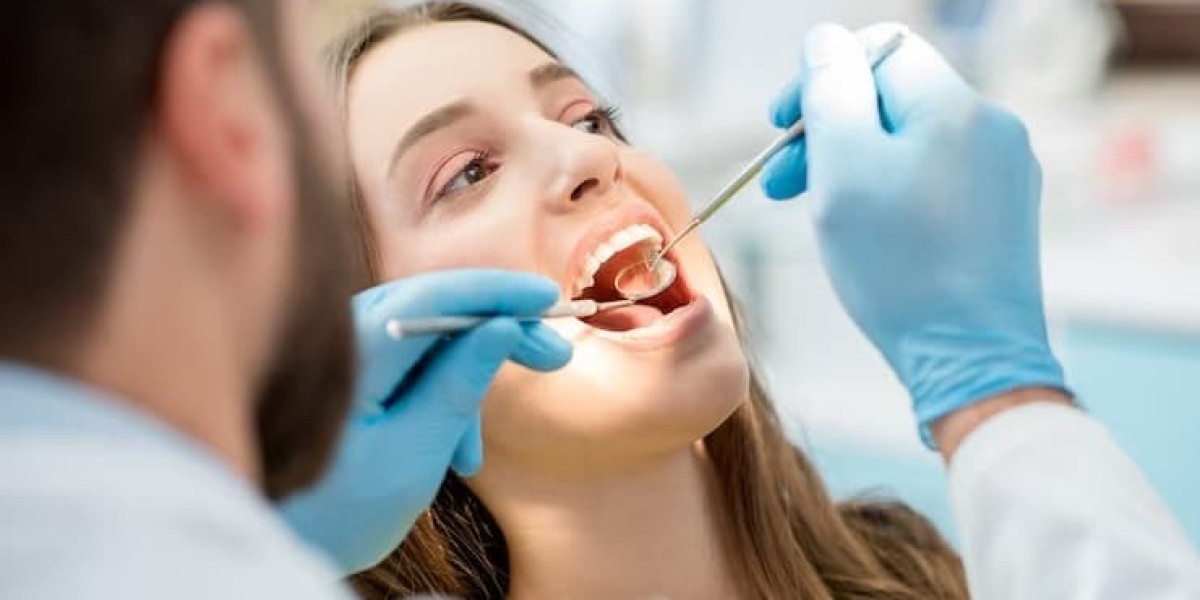Our teeth play a crucial role in our daily lives, from helping us enjoy our favourite foods to flashing a confident smile. However, many people are unaware of the risks of acidic foods and beverages regarding dental health. Dental erosion, often caused by acidic foods and drinks, can lead to tooth sensitivity, discolouration, and permanent damage. This article will explore dental erosion, its causes, and effective ways to protect your teeth from acid-related harm.
Understanding Dental Erosion
Dental erosion, also known as acid erosion, is the loss of tooth enamel caused by acids found in various foods and beverages. Tooth enamel is the hard, protective outer layer of your teeth, and it plays a critical role in preventing tooth decay and sensitivity. When enamel erodes, it exposes the more sensitive dentin underneath, leading to increased tooth sensitivity and a higher risk of cavities.
Common Causes of Dental Erosion
- Acidic Foods and Drinks: Some of the most common culprits of dental erosion are acidic foods and beverages, including citrus fruits, tomatoes, fruit juices, sodas, and certain alcoholic drinks.
- Acid Reflux: Gastroesophageal reflux disease (GERD) or frequent acid reflux can expose your teeth to stomach acid, leading to erosion over time.
- Vomiting: Frequent vomiting, such as in individuals with eating disorders or morning sickness during pregnancy, can introduce stomach acid to the mouth and lead to dental erosion.
- Medications: Some medications, such as antihistamines, aspirin, and vitamin C supplements, can be acidic and contribute to enamel erosion.
Protecting Your Teeth from Acidic Foods
- Moderation is Key: While avoiding acidic foods and drinks is challenging, moderation is essential. Limit your consumption of acidic items, and try to consume them as part of a larger meal, as this can help neutralise the acids.
- Rinse Your Mouth: After consuming acidic foods or drinks, rinse your mouth with water to help wash away acids and reduce their contact with your teeth. Avoid brushing immediately after consuming acidic items, as your enamel may be softened, and brushing could cause further damage.
- Use a Straw: Consider using a straw when drinking acidic beverages like citrus juices or soda. This can help direct the liquid toward the back of your mouth and reduce its contact with your teeth.
- Chew Sugar-Free Gum: Chewing sugar-free gum can help stimulate saliva production, which helps neutralise acids and remineralise your teeth.
- Maintain Good Oral Hygiene: Brush your teeth with fluoride toothpaste at least twice daily and floss daily. This routine helps remove plaque and strengthen your teeth against erosion.
- Choose Low-Acidity Alternatives: Opt for low-acidity options whenever possible. For instance, choose green apples over oranges or sparkling water with a higher pH level instead of soda.
- Saliva Production: Promote saliva production by staying well-hydrated and consuming sugar-free candies or lozenges. Saliva plays a crucial role in protecting teeth from acid.
- Use Toothpaste for Sensitive Teeth: If you already have tooth sensitivity due to dental erosion, consider using toothpaste specifically designed for sensitive teeth. These toothpaste formulations can help reduce discomfort.
- Regular Dental Check-ups: Schedule routine dental check-ups at a trusted dental clinic in Leeds. Your dentist can monitor your dental health, identify early signs of erosion, and provide guidance on protecting your teeth.
Treatment for Dental Erosion
If you suspect you have dental erosion or have already experienced enamel loss, it's essential to seek professional dental care. Your dentist at a reputable dental clinic in Leeds can recommend appropriate treatments, such as:
- Fluoride Treatments: Fluoride treatments can help remineralise your teeth and strengthen enamel.
- Dental Bonding: For mild cases, dental bonding can be used to restore the appearance and function of eroded teeth.
- Veneers or Crowns: In more severe cases, veneers or crowns may be necessary to protect and restore damaged teeth.
- Behavioural Changes: If acid reflux or frequent vomiting is causing dental erosion, addressing the underlying condition is crucial to preventing further damage.
- Lifestyle Adjustments: Your dentist can guide lifestyle changes and dietary modifications to minimise the risk of further erosion.
Conclusion
Dental erosion is a common yet preventable dental issue that can lead to tooth sensitivity, discolouration, and permanent damage if left untreated. By understanding the causes of dental erosion and implementing proactive strategies to protect your teeth, you can enjoy a healthy, confident smile for years. Regular check-ups at a trusted dental clinic in Leeds, good oral hygiene practices, and wise dietary choices are vital to maintaining strong and resilient teeth.



